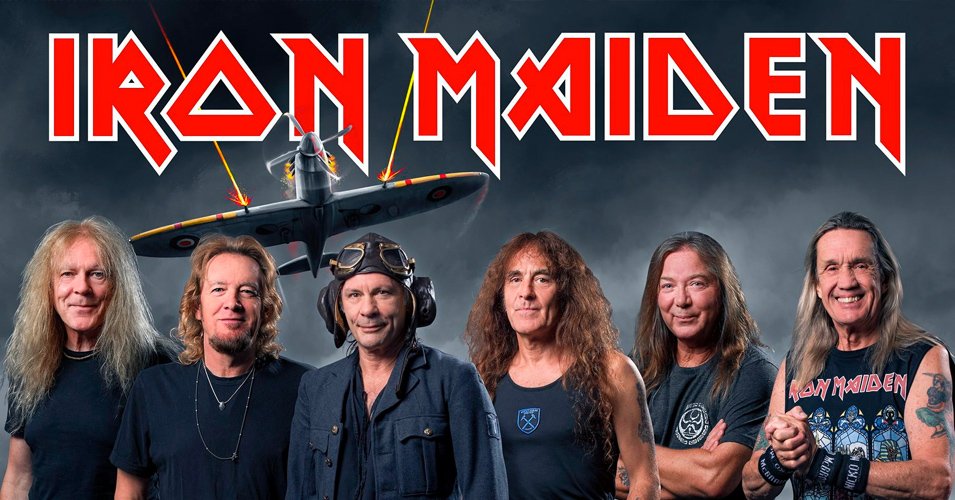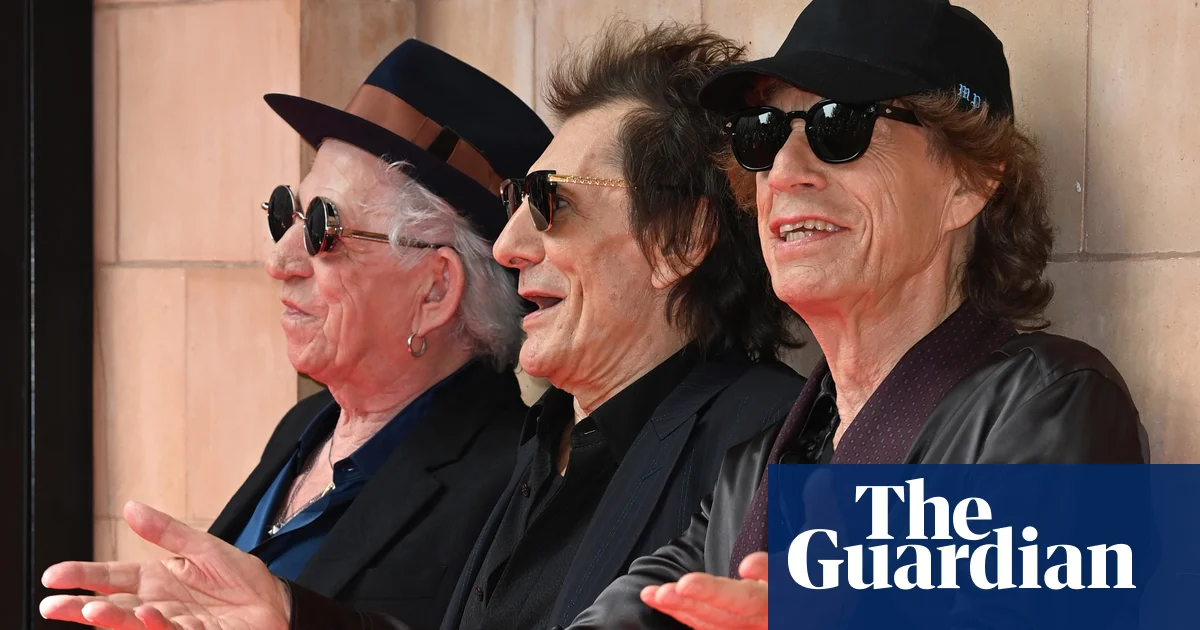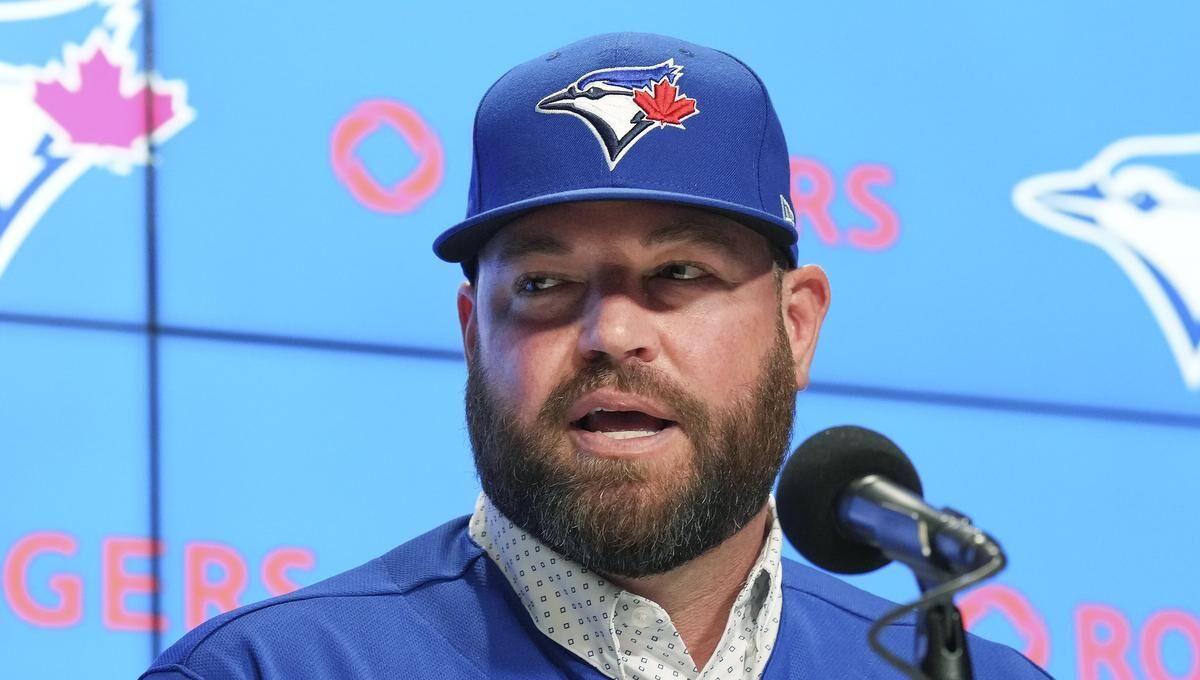 There were bathtubs’ worth of caviar. Vodka that turned the world pink. Secret swastikas, impromptu wedding gigs and, everywhere they went, Maiden-mania. When Iron Maiden became the first Western rock band to take a full production show behind the Iron Curtain on the 1984 World Slavery tour, they stepped into a world of hysteria, celebration and “eye-opening” poverty and oppression. Their mission? To rock away the hardship.
There were bathtubs’ worth of caviar. Vodka that turned the world pink. Secret swastikas, impromptu wedding gigs and, everywhere they went, Maiden-mania. When Iron Maiden became the first Western rock band to take a full production show behind the Iron Curtain on the 1984 World Slavery tour, they stepped into a world of hysteria, celebration and “eye-opening” poverty and oppression. Their mission? To rock away the hardship.
“At the time, the Iron Curtain was down and the opportunity of going there, we might make a significant number of people really happy by doing this,” says singer Bruce Dickinson, reminiscing with The Independent about this pivotal tour, launched 40 years ago this week, which took a prop-laden spectacle featuring a 30-foot mummified Eddie mascot to six cities in Poland and Hungary to promote their 1984 Powerslave album. “It wasn’t a political act at all. It was an act to go and entertain some fans. You can characterise it as a political act. When I was an undergraduate, there was no such thing as a non-political act. The act of taking a piss could be construed as political, depending upon where you did it. [But] sometimes people just want to have fun. They just want to rock. That’s what we were there for.”
Iron Maiden’s incursion into Eastern Europe, though, symbolised a hopeful spark of unity and understanding between the divided cultures of East and West. Despite being categorised as having “anti-Soviet lyrics” by Russian authorities thanks to anti-nuclear songs such as “2 Minutes to Midnight”, these long-haired, head-banging English friends of Baphomet weren’t there to spread a plague of Western wickedness, it quickly transpired, and the kids – and police officers – wholeheartedly wanted to rock. Such was (and remains) Eastern Europe’s love of hard rock and metal that many of the key protest songs, and a youth counterculture rejecting Soviet ideology and the Cold War nuclear threat, emerged from the genre. When the Berlin Wall finally fell in 1989, many metalheads argued that The Scorpions’ “Wind of Change” helped blow it down, with Maiden having hammered in the first few cracks.
Much of which passed Maiden by at the time. They were there to nobble the Eastern bloc’s finest delicacies, scorch their eye sockets with its roughest spirits and rock out for thousands of fans shut out of the Western metal mayhem. “From the beginning, I always saw Maiden as being a truly international band,” says Maiden’s manager Rod Smallwood. “We felt it was unfair that those behind the wall, so to speak, were unable to see us, so we had to try to get to them. As in the song, ‘Iron Maiden’s going to get you, no matter how far’!”
“We thought, ‘how do we even know we’ve got fans there?’” says Maiden bassist Steve Harris, “and they said, ‘Well, you get radio play.’ It was probably the only place in the world that was actually playing us back in them days. The albums were black market albums. They weren’t allowed to buy stuff properly.” “They pirated cassettes and that’s how people figured out what the songs were,” adds singer Bruce Dickinson. “They would get together in bars and their bedrooms and play them to each other, proper word of mouth.”

